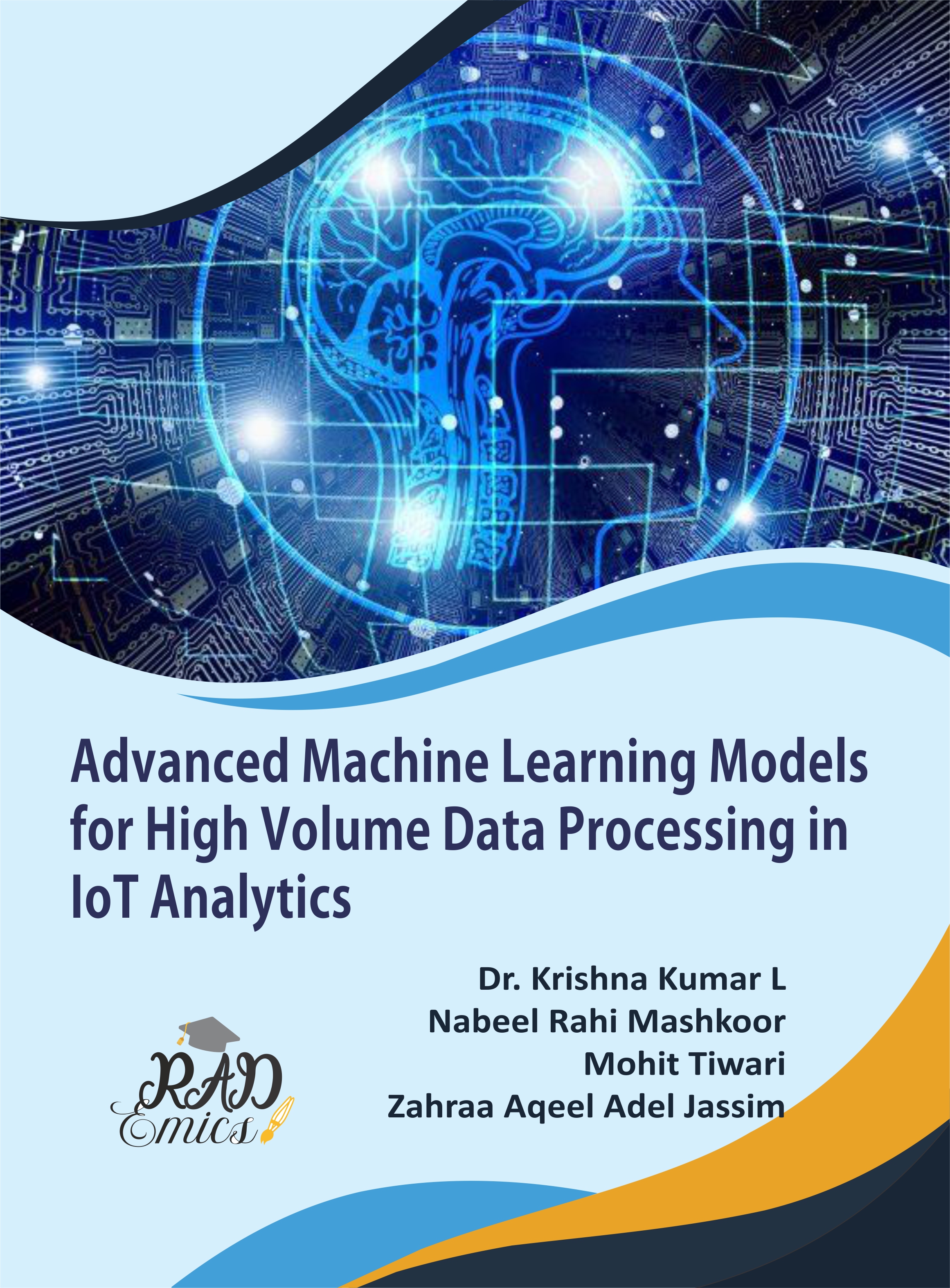
Abstract
The integration of ML with the IOT has transformed data analysis and decision-making across a myriad of applications. As IoT systems continue to expand and evolve, ensuring the effective performance of ML models becomes increasingly critical. This chapter provides a comprehensive examination of performance metrics and evaluation techniques specifically tailored for ML models within IoT environments. It delves into context-specific metrics, including latency and throughput, to address the unique challenges posed by high-dimensional and heterogeneous data sources. Special emphasis was placed on evaluating error recovery mechanisms to maintain Quality of Service (QoS) amidst errors and disruptions. Key insights into model complexity, real-time performance constraints, and resource utilization are discussed to provide a holistic approach to performance evaluation. By exploring these aspects, this chapter aims to bridge the existing gaps in assessing and optimizing ML models in dynamic and resource-constrained IoT settings. The findings offer valuable guidance for researchers and practitioners striving to enhance the reliability and efficiency of IoT-driven ML applications.
Introduction
The intersection of ML and the IOT represents a transformative advancement in the field of data analytics and intelligent systems [1]. As IoT devices proliferate, generating enormous volumes of diverse data, the integration of ML algorithms offers unprecedented opportunities for real-time insights and automated decision-making [2]. This convergence has significant implications across various domains, including smart cities, healthcare, industrial automation, and environmental monitoring [3]. Despite these advancements, the performance and reliability of ML models in such contexts are subject to rigorous demands and constraints that require specialized evaluation techniques [4].
One of the primary challenges in evaluating ML models for IoT applications was managing high-dimensional data [5]. IoT systems often generate data with numerous features, making it essential to develop metrics that can effectively assess model performance in these complex environments [6]. High-dimensional data poses difficulties such as increased computational demands and potential overfitting, which necessitate the use of specific performance metrics to ensure accurate and generalizable models [7]. Metrics addressing feature relevance, dimensionality reduction effectiveness, and model complexity are critical for navigating these challenges and optimizing model performance [8].